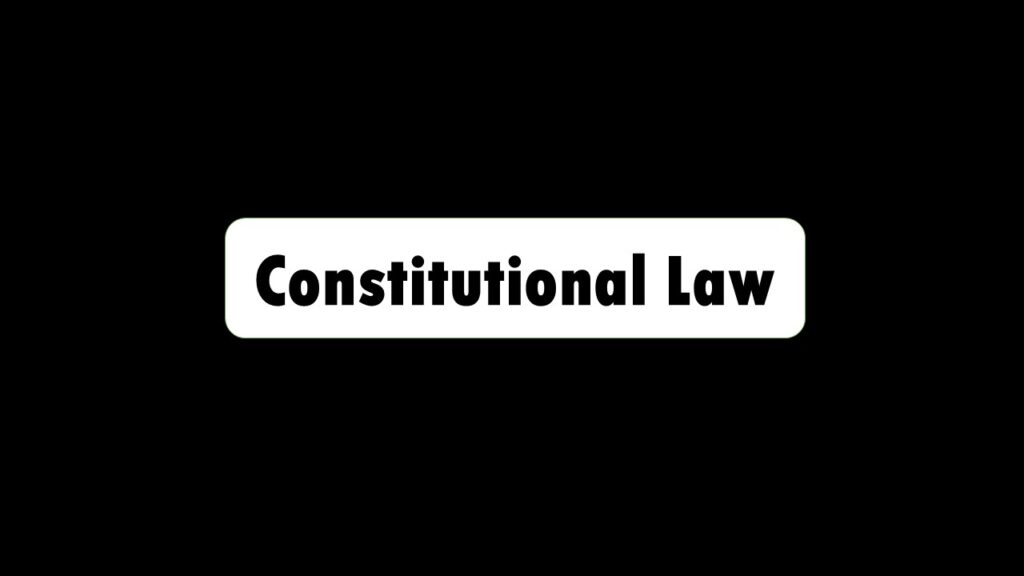Akhil Bhartiya Upbhokta Congress and Ors. vs. State of Madhya Pradesh [AIR 2011 SC 1834]: Supreme Court of India
The State can allot land to educational, social, cultural, philanthropic societies without auction too in certain circumstances
28. It can no longer be doubted at this point of time that Article of the Constitution of India applies also to matters of governmental policy and if the policy or any action of the Government, even in contractual matters, fails to satisfy the test of reasonableness, it would be unconstitutional. (See Ramana Dayaram Shetty v. The International Airport Authority of India MANU/SC/0048/1979 : AIR 1979 SC 1628 : (1979) 3 SCR 1014 and Kasturi Lal Lakshmi Reddy v. State of Jammu and Kashmir MANU/SC/0079/1980 : AIR 1980 SC 1992 :(1980) 3 SCR 1338 In Col. A.S. Sangwan v. Union of India MANU/SC/0415/1980 : AIR 1981 SC 1545 :(1980 (Supp) SCC 559 while the discretion to change the policy in exercise of the executive power, when not trammeled by the statute or rule, was held to be wide, it was emphasized as imperative and implicit in Article 14 of the Constitution that a change in policy must be made fairly and should not give the impression that it was so done arbitrarily or by any ulterior criteria. The wide sweep of Article 14 and the requirement of every State action qualifying for its validity on this touchstone, irrespective of the field of activity of the State, has long been settled. Later decisions of this Court have reinforced the foundation of this tenet and it would be sufficient to refer only to two recent decisions of this Court for this purpose.
32. We may add that there cannot be any policy, much less, a rational policy of allotting land on the basis of applications made by individuals, bodies, organizations or institutions de hors an invitation or advertisement by the State or its agency/instrumentality. By entertaining applications made by individuals, organizations or institutions for allotment of land or for grant of any other type of largesse the State cannot exclude other eligible persons from lodging competing claim. Any allotment of land or grant of other form of largesse by the State or its agencies/instrumentalities by treating the exercise as a private venture is liable to be treated as arbitrary, discriminatory and an act of favoritism and nepotism violating the soul of the equality clause embodied in Article 14 of the Constitution.
33. This, however, does not mean that the State can never allot land to the institutions/organizations engaged in educational, cultural, social or philanthropic activities or are rendering service to the Society except by way of auction. Nevertheless, it is necessary to observe that once a piece of land is earmarked or identified for allotment to institutions/organizations engaged in any such activity, the actual exercise of allotment must be done in a manner consistent with the doctrine of equality. The competent authority should, as a matter of course, issue an advertisement incorporating therein the conditions of eligibility so as to enable all similarly situated eligible persons, institutions/organizations to participate in the process of allotment, whether by way of auction or otherwise.
